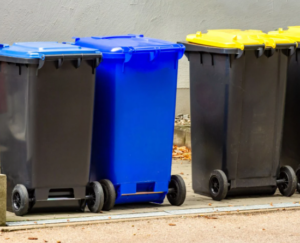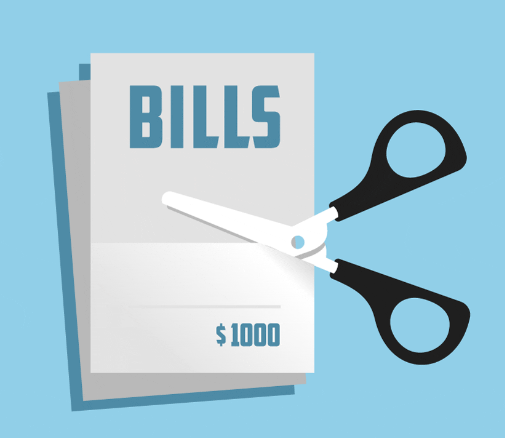In an era of environmental consciousness and economic prudence, minimizing your garbage bill is not only a savvy financial move but also a responsible choice for the planet. Waste management costs can add up quickly, but with a few simple strategies, you can significantly reduce your garbage-related expenses. In this article, we’ll explore some practical ways to achieve this while contributing to a cleaner, more sustainable world.
Reduce and Reuse
One of the most effective ways to minimize your garbage bill is to reduce the amount of waste you generate in the first place. Embrace the mantra of “reduce and reuse.” When shopping, opt for products with minimal packaging or choose items in bulk to reduce packaging waste. Invest in reusable items like water bottles, shopping bags, and food containers to cut down on single-use plastic waste.
Additionally, think twice before discarding items that can be repaired or repurposed. Repairing a torn piece of clothing, refurbishing furniture, or upcycling old items into something new not only saves you money but also reduces the waste headed to landfills.
Composting – Nature’s Recycling
A significant portion of household waste consists of organic matter, such as kitchen scraps and yard waste. Instead of tossing these materials into the trash, consider composting them. Composting is nature’s way of recycling, turning organic waste into nutrient-rich soil conditioner.

Mindful Meal Planning
Food waste is a substantial contributor to household garbage. To minimize food waste and, consequently, your garbage bill, practice mindful meal planning. Create a shopping list based on what you need, and be conscious of expiry dates. Buy perishable items in smaller quantities and use up leftovers creatively. By reducing food waste, you not only save money but also reduce the environmental impact associated with food production and disposal.
Recycling Done Right
While recycling is a great way to divert waste from landfills, it’s essential to do it correctly. Many households make mistakes that lead to recycling contamination, which can result in higher disposal costs. Educate yourself about what can and cannot be recycled in your area. Rinse containers before recycling them to prevent contamination. Sorting recyclables properly ensures that they can be processed efficiently and sold to manufacturers, potentially generating revenue for your community.
Embrace the Sharing Economy
In today’s sharing economy, there are numerous opportunities to minimize waste and expenses. Consider sharing tools, equipment, or appliances with neighbors or community members rather than buying items you rarely use. Sharing not only reduces the demand for new products but also lowers the need for storage space, which can save you money in the long run.
Go Digital
The digital age offers us the opportunity to reduce paper waste significantly. Opt for paperless billing and statements from your utility providers, banks, and other services. Use digital devices like e-readers and tablets instead of buying printed books or magazines. This not only cuts down on waste but also reduces clutter in your home.
Mindful Packaging Choices
When you do need to make purchases, pay attention to the packaging. Choose products with minimal or eco-friendly packaging materials. Look for products that use recycled or recyclable materials in their packaging. By being mindful of your choices at the store, you can help reduce the amount of non-recyclable waste you generate.
Repair, Don’t Replace
In a throwaway culture, we often rush to replace items when they break, but repairing them can be both cost-effective and eco-friendly. From clothing and electronics to appliances and furniture, many items can be repaired rather than replaced. Seek out repair services or learn some basic DIY repair skills to extend the life of your possessions and reduce your waste output.
Conclusion
Minimizing your garbage bill is not only about saving money but also about making responsible choices for the environment. By embracing strategies such as reducing, reusing, and recycling correctly, you can significantly cut down on waste-related expenses. Composting, meal planning, and sharing resources are practical ways to further reduce your environmental footprint. Additionally, going digital and choosing products with mindful packaging can help you make greener choices in your daily life.



